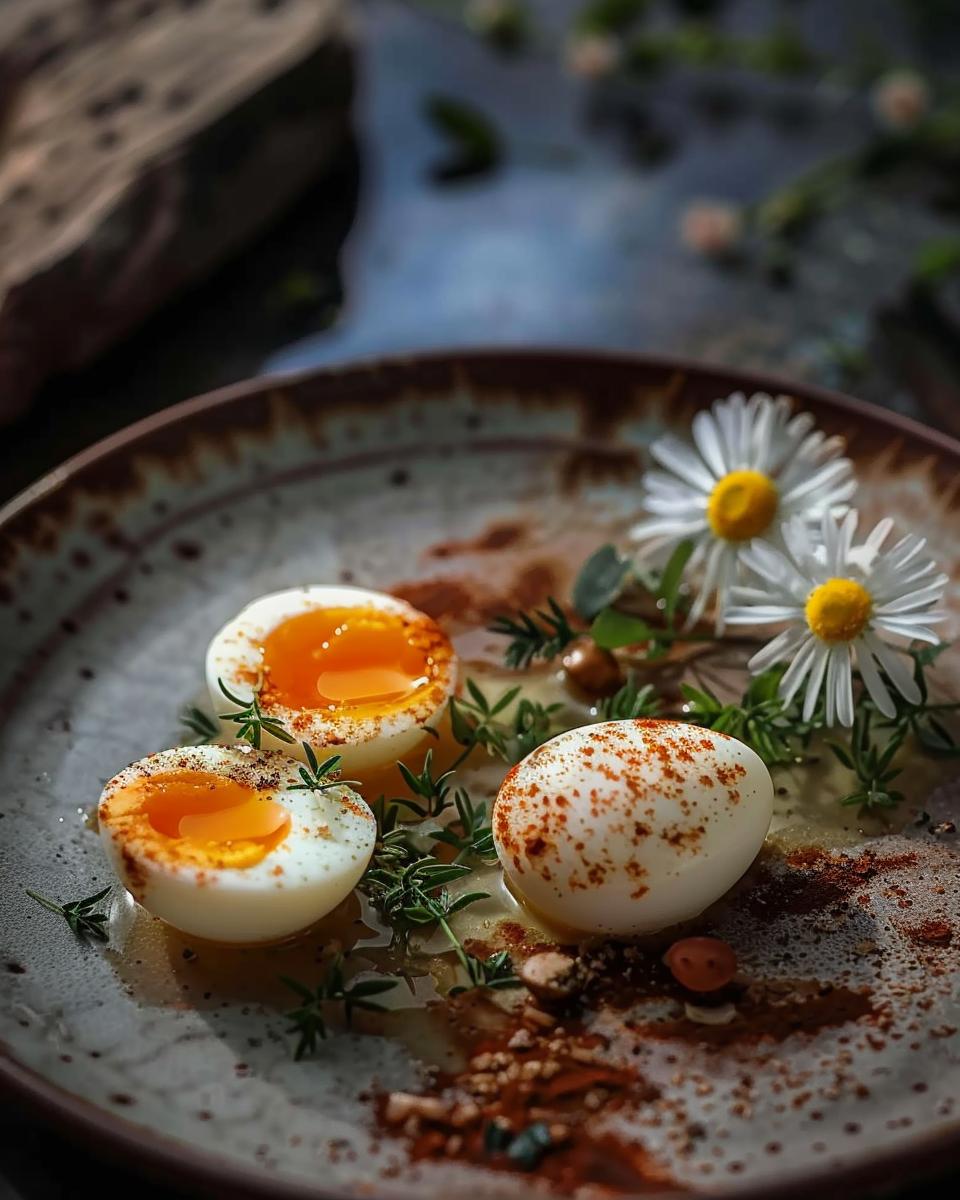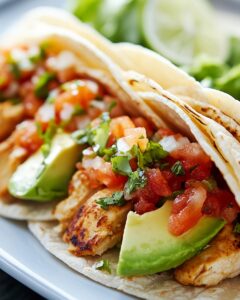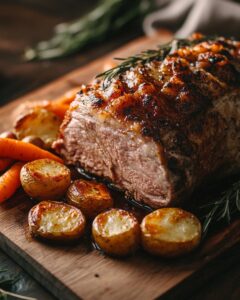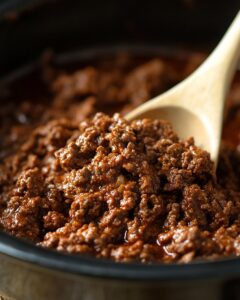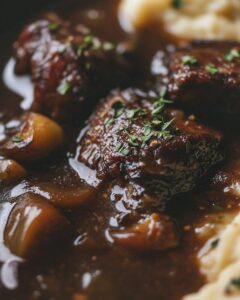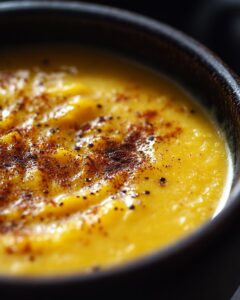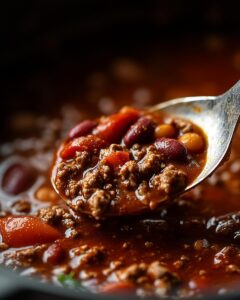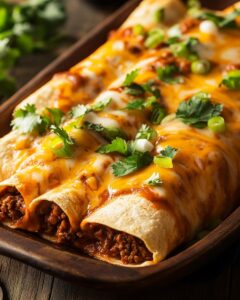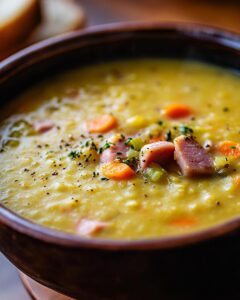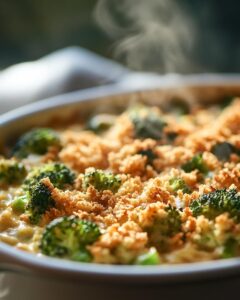Duck Egg Recipe: Discover Delicious and Unique Flavors in Your Kitchen
Ever felt the need to jazz up your kitchen adventures? Look no further! This duck egg recipe is your ticket to an extraordinary culinary journey. With richer flavors than chicken eggs, duck eggs can elevate your dishes to new heights. Are you ready to transform your cooking with a simple yet stunning ingredient?
In this recipe:
- Discover how duck eggs can enhance your meals.
- Learn a unique recipe that’s both easy and impressive.
- Find tips to perfectly cook duck eggs every time.
Indeed, introducing Duck a l’Orange into your repertoire was a game-changer. Yet, this duck egg recipe promises to be another crowd-pleaser. So, why not expand your culinary horizons? Moreover, if you’ve been experimenting with our Dunkin Egg Bites Recipe, you’ll find that duck eggs can add a luxurious twist to your breakfast favorites too.
Together, let’s crack open the secrets to mastering the art of cooking with duck eggs. After all, every home chef deserves to have their taste buds tantalized by the rich, creamy texture that only a duck egg can provide. So, let’s embark on this flavor-filled journey!
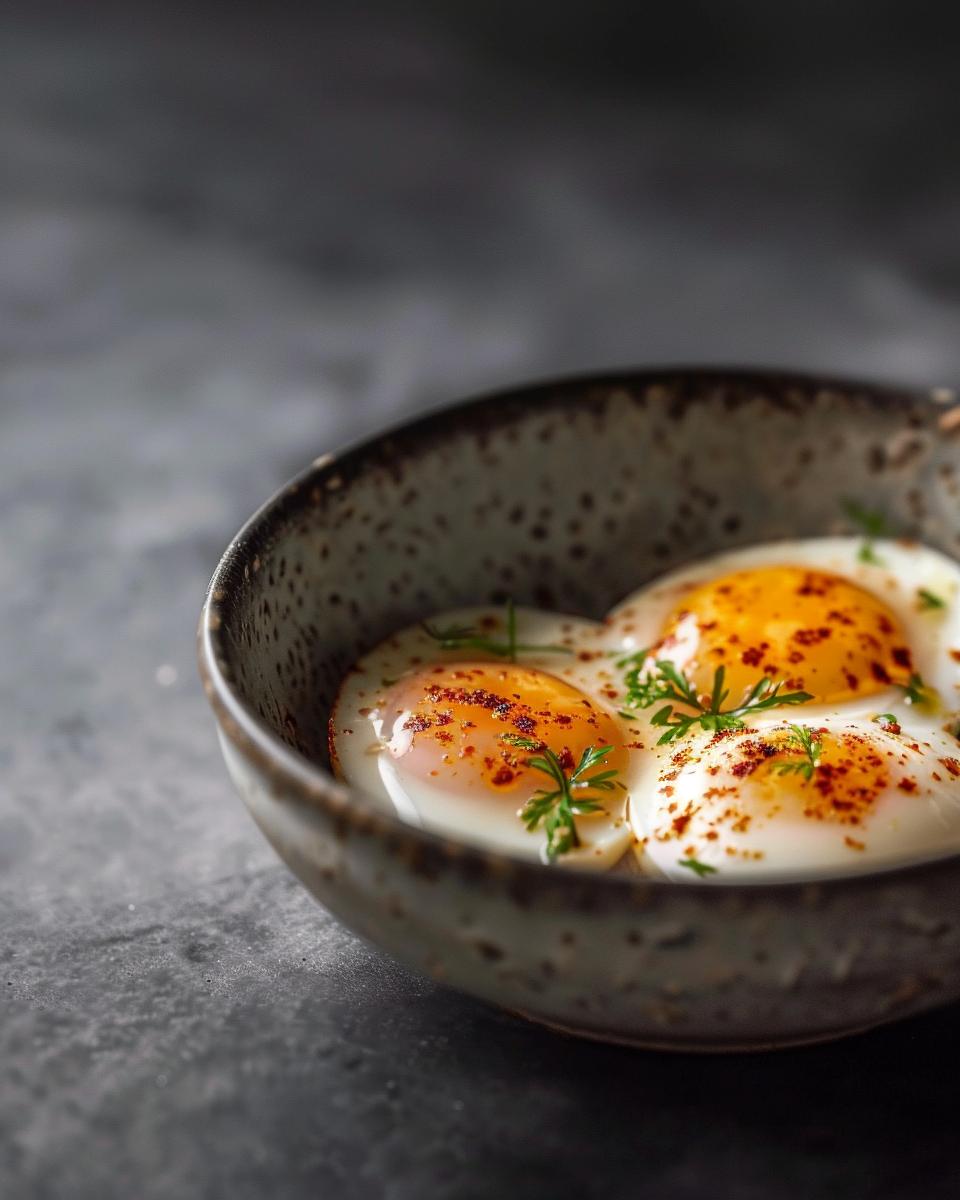
Getting Started with Duck Egg Recipes
Are you a food enthusiast or an adventurous home cook ready to delve into the world of duck eggs? If so, you’re in for a treat! Duck eggs offer a unique taste that can make your meals stand out. Before you start, it’s important to gauge the difficulty level. Most simple duck egg recipes are easy to tackle, while others might pose a moderate challenge. But don’t worry, we’re here to guide you through each step!
Essential Tools for Duck Egg Dishes
To create mouthwatering duck egg dishes, you’ll need some key tools in your kitchen arsenal. First, a good non-stick skillet is crucial for cooking eggs to perfection. You’ll also want a spatula for flipping omelets or frittatas. Keep a whisk handy for beating eggs to a fluffy consistency, which is especially important for making scrambled eggs or baking. Measuring spoons and cups are a must for precision in following duck egg recipe ideas. Lastly, don’t forget the basics like a sharp knife and cutting board for prepping any add-ins or garnishes.
Ready to dive into your first easy duck egg recipe? Here’s what to remember:
- Use gentle heat to avoid overcooking.
- Fresh herbs can enhance flavor immensely.
- Be patient and let the eggs cook slowly for the best texture.
For inspiration, check out Moose Manor Farms where you can find a range of ideas to start your duck egg journey. Whether you’re whipping up a quick breakfast or a sophisticated brunch, duck eggs can make your meals rich and delicious. So, why not crack open a duck egg and let your culinary creativity soar?
Ingredients for a Delectable Duck Egg Dish
Now that we’ve covered the minimal equipment needed, let’s dive into the heart of any duck egg recipe—the ingredients. The secret to a mouthwatering dish lies in selecting the right components. Have you ever wondered about the difference in taste between duck eggs and chicken eggs? Duck eggs offer a richer flavor, which can elevate your cooking to new heights. Plus, with the impressive duck egg nutrition 100g provides, you’re in for a healthy treat.
Essential Ingredients for Your Duck Egg Delight
Every chef knows that the quality and freshness of your ingredients are paramount. Here’s what you’ll need for a basic duck egg recipe:
- 2 fresh duck eggs
- 1 tablespoon of unsalted butter
- A pinch of salt
- Ground black pepper to taste
Thinking about adding more zing to your dish? Consider these flavorful extras:
- Chopped fresh herbs (such as parsley or chives)
- Grated cheese for a gooey texture
- Sautéed mushrooms for earthiness
- A drizzle of truffle oil for luxury
Remember, the fresher the duck eggs, the better the taste. How do you usually source your eggs? Local farmers’ markets can be a treasure trove for fresh duck eggs, which can make a noticeable difference in your cooking. Don’t forget, when it comes to duck eggs vs chicken eggs taste, duck eggs bring a depth of flavor that can make your recipes stand out.
With these ingredients at hand, you’re all set to whip up a duck egg recipe that’s sure to impress. Stay tuned as we move on to the cooking process, where I’ll share tips and tricks to get the perfect texture and flavor from your duck eggs.
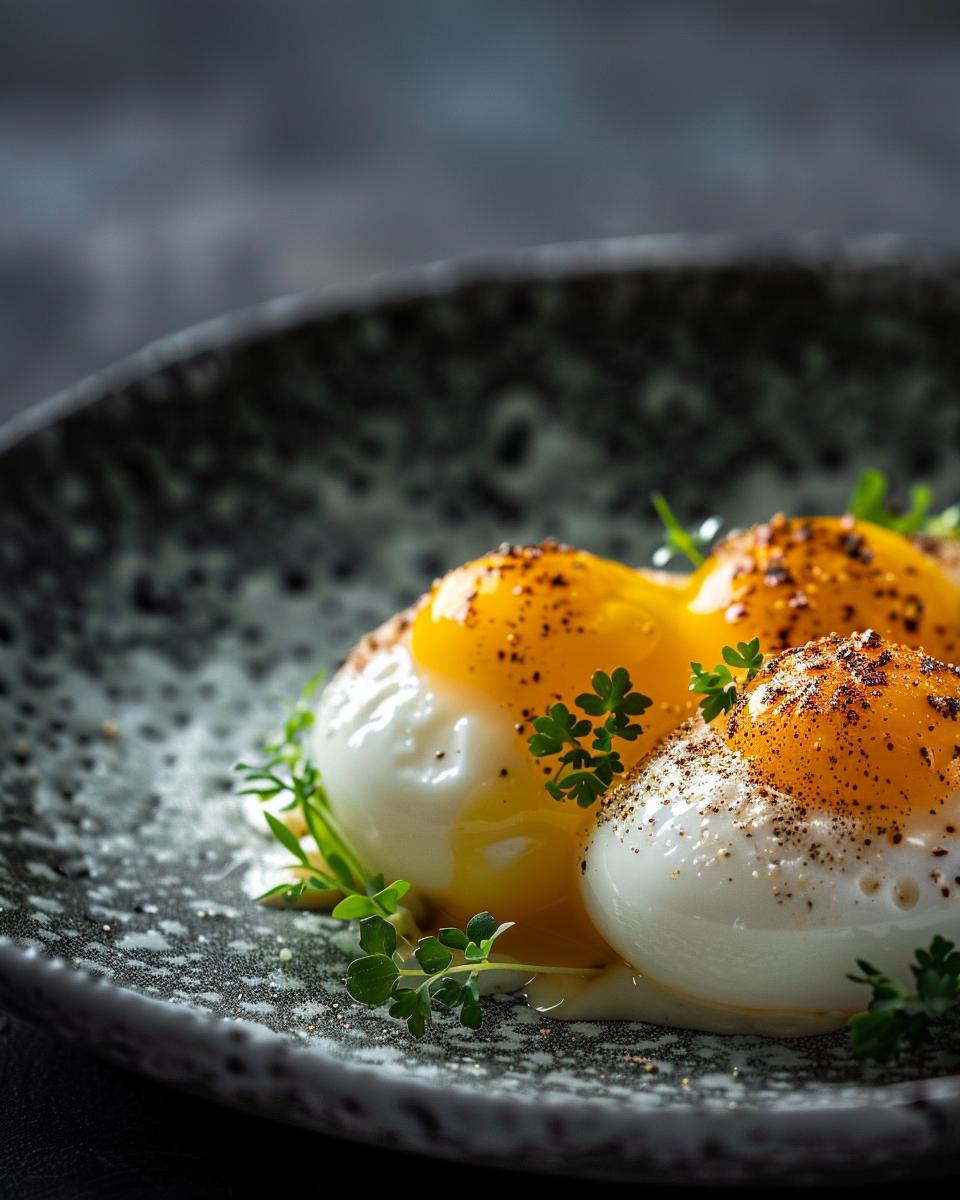
Step-by-Step Guide to Cooking with Duck Eggs
Now that we’ve gathered our ingredients, let’s dive into the exciting world of cooking duck eggs. Whether you’re a seasoned chef or a curious foodie, these steps will guide you through the process of creating delicious duck egg recipes. Ready to see how versatile and delectable duck eggs can be?
Preparing Your Duck Eggs
First things first, let’s prepare our duck eggs for cooking. Duck eggs have a thicker shell than chicken eggs, so give them a gentle tap to crack them open. Are you wondering about their rich yolks? That’s what makes duck eggs scrambled so creamy and flavorful!
- Crack the Eggs: Tap the duck eggs on a flat surface and open them into a bowl, being careful not to include any shell fragments.
- Beat the Eggs: Whisk the eggs until the yolks and whites are fully combined. This is crucial for a uniform cook, especially in duck egg recipes baking.
- Preheat the Pan: Warm up your skillet over medium heat. Duck eggs require a slightly lower temperature than chicken eggs to prevent the proteins from tightening too quickly.
- Cooking the Eggs: Pour the eggs into the pan and let them sit for a moment. Then, gently push the eggs from the edges to the center, creating large, soft curds. Are they starting to set? That’s your cue to keep them moving.
- Check for Doneness: Duck eggs take a bit longer to cook than chicken eggs. Look for a soft, but not runny, texture. They should still be slightly moist when you remove them from the heat, as they’ll continue to cook from residual heat.
There you have it, a simple yet exquisite plate of duck eggs scrambled to perfection. Remember, patience is key when cooking duck eggs. They deserve your undivided attention for the best results. Now, aren’t you eager to taste the difference that duck eggs make in your favorite recipes? Go ahead, give it a try and savor the richness they bring to your table!
Serving Suggestions and Storage Tips for Duck Egg Creations
Now that you’ve mastered the art of preparing and cooking duck eggs, let’s talk about the best part – enjoying your creation! Whether it’s a duck egg breakfast or a sumptuous duck egg dish for dinner, serving it right is just as crucial as the cooking process itself. And what about leftovers? Don’t worry; we’ve got you covered with some top-notch storage tips.
Bringing Your Duck Egg Recipes to the Table
Imagine the scene: your kitchen is filled with the delightful aroma of your freshly prepared duck egg recipes breakfast. But how do you ensure that this culinary masterpiece tastes as good as it smells? First, always serve duck eggs warm to highlight their rich and creamy texture. Pair them with fresh, crusty bread or a light salad to balance their decadent flavor. And for a touch of elegance, why not sprinkle a little fresh herb on top? Presentation matters, after all!
Now, let’s talk storage. Duck eggs are hearty, and their dishes can often be enjoyed later. To keep your duck egg breakfast tasting fresh, cool any leftovers quickly and refrigerate within two hours of cooking. Store them in an airtight container to maintain their deliciousness. They’ll be good for up to three days, making your efforts stretch into more delightful meals. When you’re ready to reheat, do so thoroughly, until the eggs are steaming hot throughout. This ensures both safety and taste are not compromised.
Ever thought about freezing your duck egg dishes? For some recipes, freezing is an option. Just make sure to store them properly in freezer-safe containers or bags. When you’re ready to enjoy them again, thaw in the refrigerator overnight and reheat gently to avoid any texture changes.
So, are you ready to impress your family and friends with your newfound duck egg prowess? With these serving and storage tips, your duck egg creations will not only taste divine but will also be safe and enjoyable for days to come. Now, who’s up for seconds?
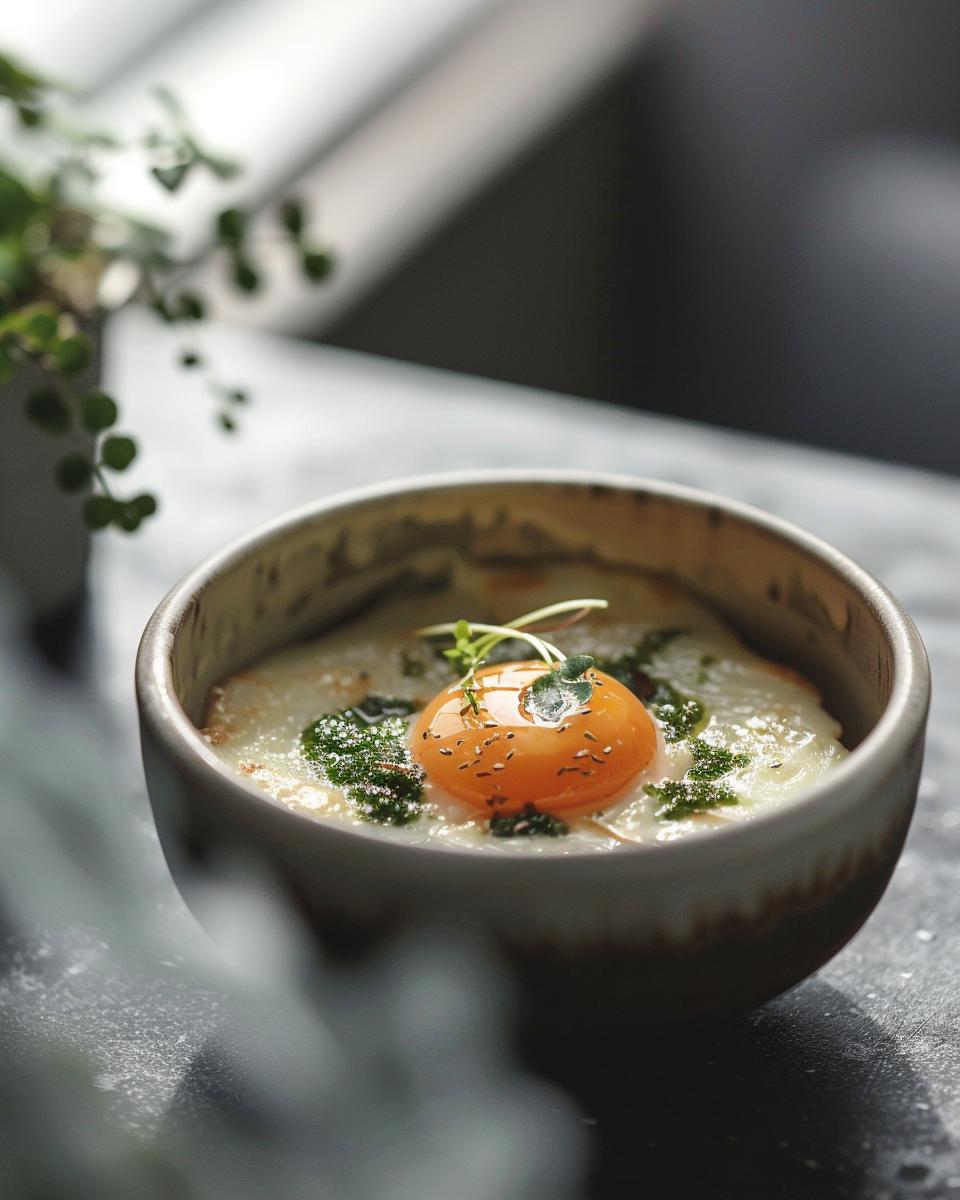
Pro Tips for Perfecting Your Duck Egg Recipe
- Initially, use duck eggs in recipes where their rich flavor shines.
- Remember, they have a thicker shell; crack them with a sharp tap.
- For baking, duck eggs can make cakes richer and fluffier.
- Also, they may take slightly longer to cook than chicken eggs.
- Furthermore, their larger yolks provide extra moisture in recipes.
- Always adjust cooking times when substituting duck eggs in a recipe.
- Lastly, store them pointy-end down to keep them fresh longer.
Duck Egg Recipe FAQ: Substitutions, Savings, and Savvy Tips
Are you ready to elevate your culinary game with duck eggs? Whether you’re a seasoned chef or a curious foodie, our FAQ section has got you covered. Let’s dive into some of the most pressing questions and provide you with the savvy tips you need!
Substituting Duck Eggs for Chicken Eggs in Baking
Q: Can I use duck eggs in place of chicken eggs for my baking recipes?
A: Absolutely! Duck eggs are known for giving baked goods a richer flavor and fluffier texture. When substituting duck eggs for chicken eggs, use a 1:1 ratio. However, since duck eggs are larger, you may want to slightly reduce the number of eggs if the recipe calls for small chicken eggs.
Q: Are there benefits to using duck eggs in my diet if I’m trying to lose weight?
A: Duck eggs provide a good source of protein and can be a satisfying addition to a weight loss diet. They have a higher fat content, which can help keep you full longer. Incorporating duck eggs into a balanced diet, along with the best duck egg recipes, can contribute to a nutritious weight management plan.
Q: What are some alternative ingredients for those with dietary restrictions or preferences?
A: For those avoiding animal products, try substitutes like flaxseed meal or chia seeds mixed with water. These can mimic the binding properties of duck eggs in certain recipes. If you’re allergic to duck eggs, consider quail or turkey eggs, which may be suitable for some people with allergies.
Money-Saving Tips and Culinary Expansion
Q: How can I save money when buying duck eggs and ingredients?
A: Look for local farmers’ markets or farms that sell duck eggs, as they’re often less expensive than specialty stores. Buying in bulk can also lead to savings. Additionally, consider growing some of your own herbs and vegetables to pair with your duck egg dishes.
Q: Do you have any additional advice for mastering duck egg recipes?
A: Practice makes perfect! Start with simple recipes from trusted sources like Good Food Baddie to get a feel for how duck eggs cook differently than chicken eggs. Then, challenge yourself by experimenting with more complex dishes as you become more comfortable.

